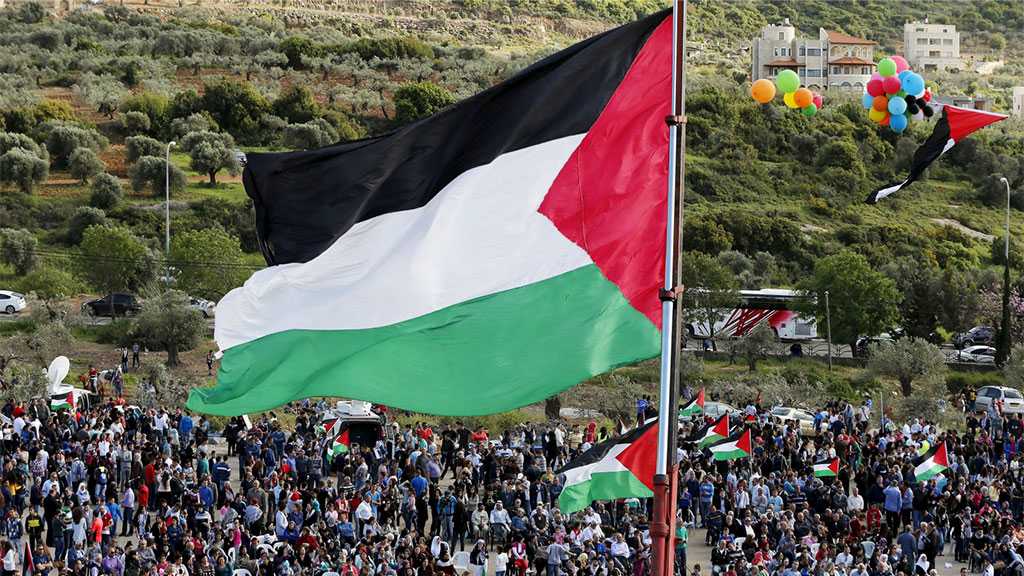
Diplomatic breakthroughs between the Zionist entity and Gulf monarchies have revealed fissures in the relationship between Palestine and Arab governments, raising questions over whether they can still be relied on to champion the Palestinian cause.
For years, the Zionist occupation regime has vigorously pursued ties with the Arab world, focusing on powerful Gulf countries with whom it shares a ‘common enemy’ in Iran and who crave its hi-tech security and espionage products.
Last week, Bahrain and the United Arab Emirates signed accords with the ‘Israeli’ entity at a White House ceremony to establish an open business and diplomatic relationship.
The public ties smashed apart widespread isolation of the ‘Israeli’ entity in the region – a decades-old policy the Palestinian leadership saw as vital leverage in its struggle for independence.
“We definitely feel betrayed,” said senior Palestinian politician Saeb Erekat, condemning the deals as a “tremendous encouragement for the ‘Israeli’ government to continue their occupation”.
Relatively, US President Donald Trump said several more Arab states would soon announce their intention to sign similar deals, suggesting a more substantive shift.
In the West Bank and Gaza, the Washington-dubbed so-called “Abraham accords” did not come as a surprise, but still hurt.
“Relationships are based on pure interest. Nobody cares about the Palestinian issue,” said Shadi Abu Samra, a 35-year-old social worker from the city of Ramallah. “I am not at all astonished. It was expected one day. There have been relations for a long time between ‘Israel’ and the Gulf states.”
Dalia Karazon, a mathematics teacher from the same city, said she was frustrated that the UAE and Bahrain claimed the accords would help the Palestinians. “They can do whatever they want, but they should not relate that to our interest, because our interest is to end the occupation and not reconcile with it.”
Arafat al-Daf, a 21-year-old student from Gaza, said the move simply added to Palestinian disappointment, “from ourselves, from the Arabs, from the world”.
Palestinian officials warned that regional pressure is more critical now than it has been for years. Threats of further regional isolation, they say, helped dissuade ‘Israel’ from going ahead this summer with its much-publicized plans to annex parts of the occupied West Bank. “The Arabs had a major role,” said one Palestinian official on condition of anonymity.
Under the ‘Israeli’ normalization deal with the UAE, it agreed to “suspend” annexation, but critics of the deal say that clause was only added as lip service to the Palestinian issue. Meanwhile, politicians in the ‘Israeli’-occupied territories argue the annexation plan is still a priority.
PA Quits Arab League Chairmanship Unhonored to See Arab States Rush to Normalize with the Occupation

Palestinian Authority Foreign Minister Riyadh al-Maliki announced Palestine’s decision to quit the post of currently leading the Arab League citing its latest conspiracy.
“What we’ve witnessed in the recent meeting reflects the Arab League’s collusion,” al-Maliki stated.
He further hinted that the United States’ attempts to drag other nations to normalize have been hindered.
The minister also pointed that the Palestinian Authority is contacting all countries to stabilize their stances and secede from the US pressure.
“We are not honored to see Arab States rushing to normalize ties with the occupation during our chairmanship of the Arab League,” he announced.
The Palestinian minister further added that the PA is following the promotion of names of countries that will imitate that Bahraini and UAE steps toward normalization.
Related
- Palestine Relinquish Presidency over Arab League Council: Foreign Minister
- Israeli Occupation Army Causes Big Fire on Lebanese Side of Border: Photos
- Washington Considering Supporting Former Fatah Leader as Palestinian President
- PIJ Head: Palestinian Resistance Groups Know No Red Lines in War with «Israel»












No comments:
Post a Comment